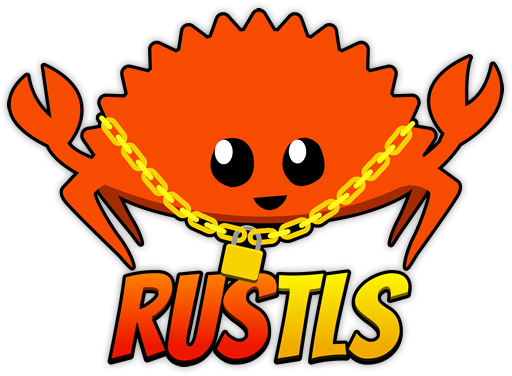secp
A flexible and secure secp256k1 elliptic curve math library, with constant-time support, and superb ergonomics.
secp takes full advantage of Rust's std::ops traits to make elliptic curve cryptography code easy to read, easy to write, succinct, readable, and secure.
Example
Here's an implementation of simple Schnorr signatures using the secp crate.
use secp::{MaybeScalar, Point, Scalar};
use sha2::{Digest, Sha256};
fn compute_challenge(nonce_point: &Point, pubkey: &Point, msg: &[u8]) -> MaybeScalar {
let hash: [u8; 32] = Sha256::new()
.chain_update(&nonce_point.serialize())
.chain_update(&pubkey.serialize())
.chain_update(msg)
.finalize()
.into();
MaybeScalar::reduce_from(&hash)
}
fn random_scalar() -> Scalar {
// In an actual implementation this would produce a scalar value
// sampled from a CSPRNG.
Scalar::two()
}
fn schnorr_sign(secret_key: Scalar, message: &[u8]) -> (Point, MaybeScalar) {
let nonce = random_scalar();
let nonce_point = nonce.base_point_mul();
let pubkey = secret_key.base_point_mul();
let e = compute_challenge(&nonce_point, &pubkey, message);
let s = nonce + secret_key * e;
(nonce_point, s)
}
fn schnorr_verify(public_key: Point, signature: (Point, MaybeScalar), message: &[u8]) -> bool {
let (r, s) = signature;
let e = compute_challenge(&r, &public_key, message);
s.base_point_mul() == r + e * public_key
}
let secret_key: Scalar = "0123456789abcdef0123456789abcdef0123456789abcdef0123456789abcdef"
.parse()
.unwrap();
let public_key = secret_key.base_point_mul();
let message = b"I am the dragon!";
let signature = schnorr_sign(secret_key, message);
assert!(schnorr_verify(public_key, signature, message));
Choice of Backbone
This crate does not implement elliptic curve point math directly. Instead we depend on one of two reputable elliptic curve cryptography libraries:
- C bindings to
libsecp256k1, via thesecp256k1crate, maintained by the Bitcoin Core team. - A pure-rust implementation via the
k256crate, maintained by the RustCrypto team.
One or the other can be used. By default, this crate prefers to rely on libsecp256k1, as this is the most vetted and publicly trusted implementation of secp256k1 curve math available anywhere. However, if you need a pure-rust implementation, you can install this crate without it, and use the pure-rust k256 crate instead.
cargo add secp --no-default-features --features k256
If both k256 and secp256k1 features are enabled, then we default to using libsecp256k1 bindings for the actual math, but still provide trait implementations to make this crate interoperable with k256.
Documentation
To see the API documentation, head on over to docs.rs.

